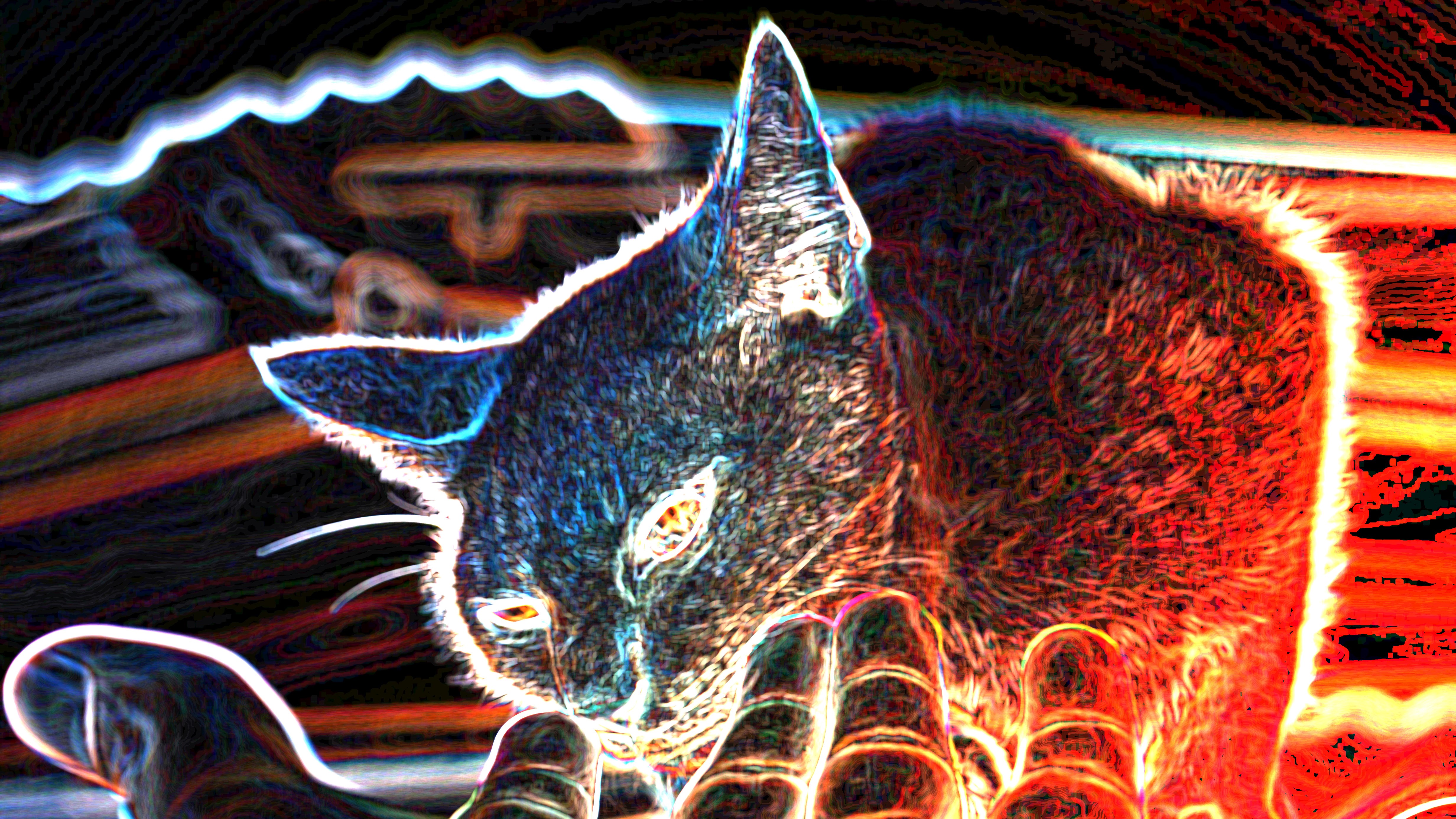Keyboard's Right-Hand Letters Make People Happier

Look down at your keyboard. Are most of the letters in your name on the left or the right side of the tray? The answer could affect how people respond to your name.
New research suggests people have warmer feelings toward words that use mostly letters on the right side of the QWERTY keyboard (the most common keyboard layout, named after the first six keys in the top row of letters). Words with a lefty bent are viewed as more negative, the researchers report online in the journal Psychonomic Bulletin and Review.
With everyday typing and texting now common, the researchers' findings suggest that how we produce words influences how we feel about them.
In a series of experiments, cognitive researchers Kyle Jasmin of University College London and Daniel Casasanto of the New School for Social Research in New York asked volunteers to rate their positive and negative feelings regarding English, Dutch and Spanish words. The researchers found that no matter the language and no matter whether the rater was right- or left-handed, people had more positive feelings about words that mainly involved right-side keyboard letters. [Life's Extremes: Right- vs. Left-Handed]
The results held even for made-up words such as "pleek," though the association was at its strongest in new words and abbreviations such as "LOL," the study found.
It's possible that warm-and-fuzzy feelings toward right-leaning words come from the fact that the left hand has a tougher job on the QWERTY keyboard: It's responsible for 15 letters, versus 11 for the right hand. That might mean that right-keyboard words are easier to type and thus bestow more positive feelings on the typist.
"People responsible for naming new products, brands and companies might do well to consider the potential advantages of consulting their keyboards and choosing the 'right' name," the researchers wrote.
Sign up for the Live Science daily newsletter now
Get the world’s most fascinating discoveries delivered straight to your inbox.
You can follow LiveScience senior writer Stephanie Pappas on Twitter @sipappas. Follow LiveScience for the latest in science news and discoveries on Twitter @livescience and on Facebook.

Stephanie Pappas is a contributing writer for Live Science, covering topics ranging from geoscience to archaeology to the human brain and behavior. She was previously a senior writer for Live Science but is now a freelancer based in Denver, Colorado, and regularly contributes to Scientific American and The Monitor, the monthly magazine of the American Psychological Association. Stephanie received a bachelor's degree in psychology from the University of South Carolina and a graduate certificate in science communication from the University of California, Santa Cruz.









